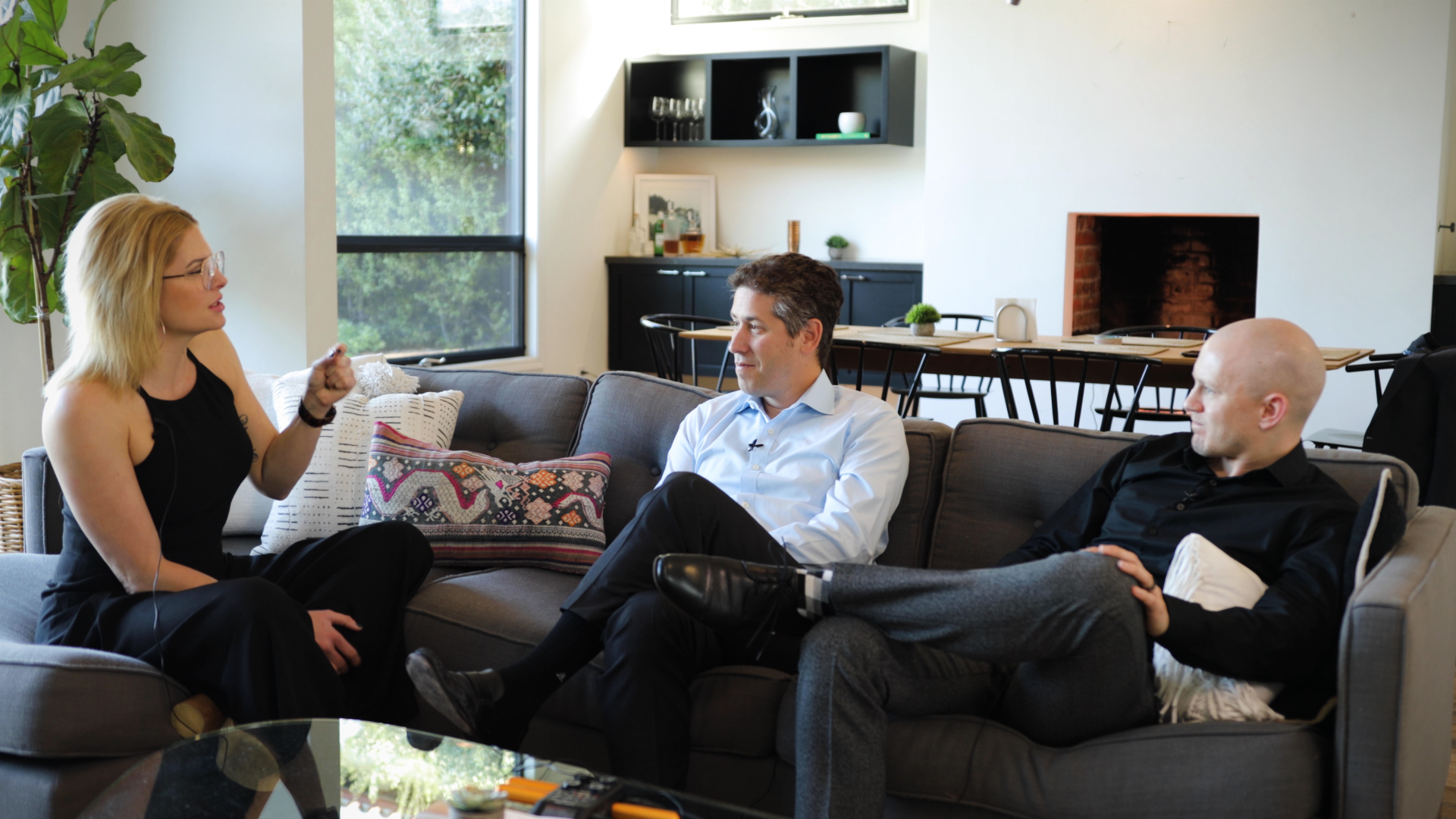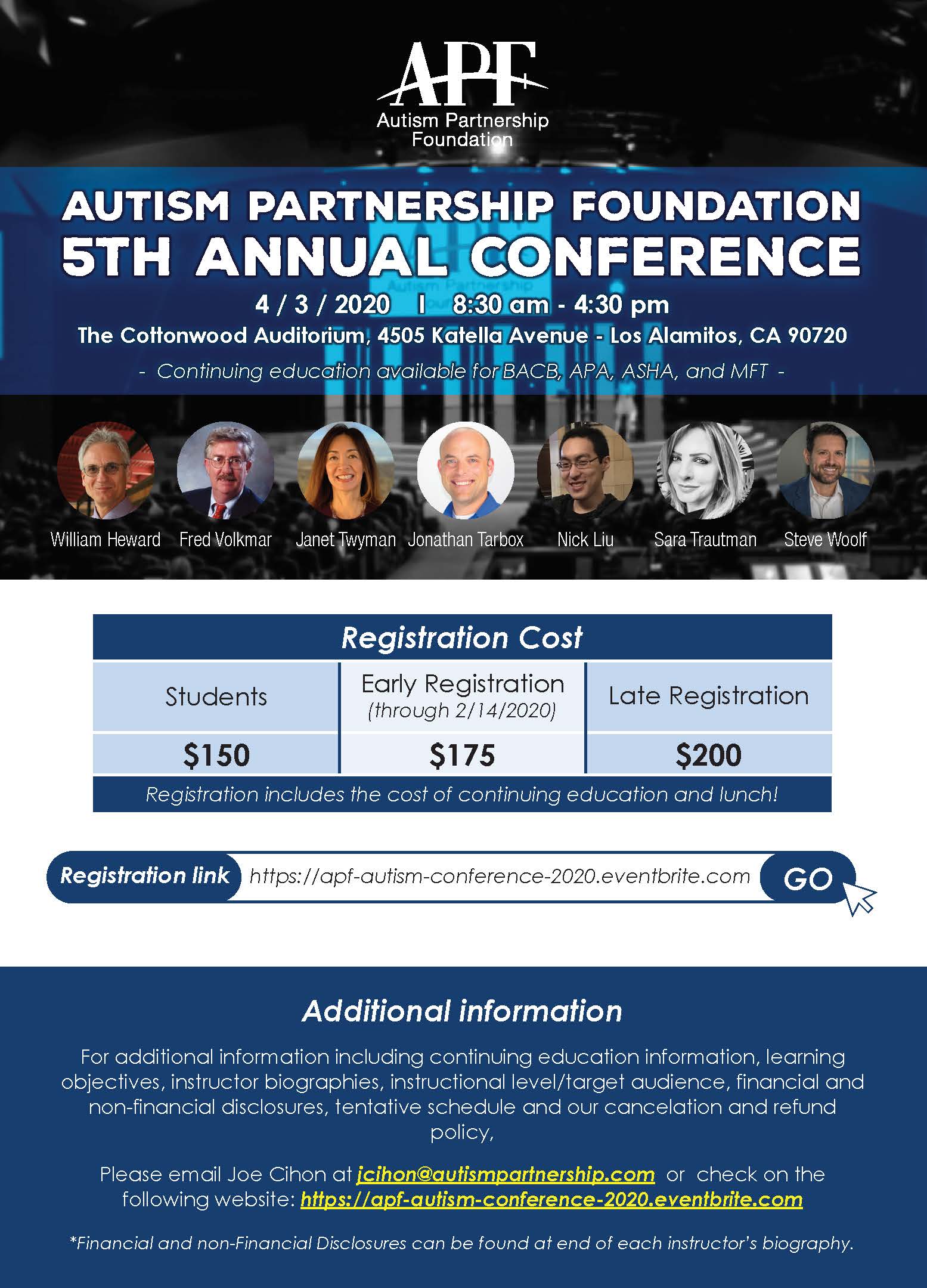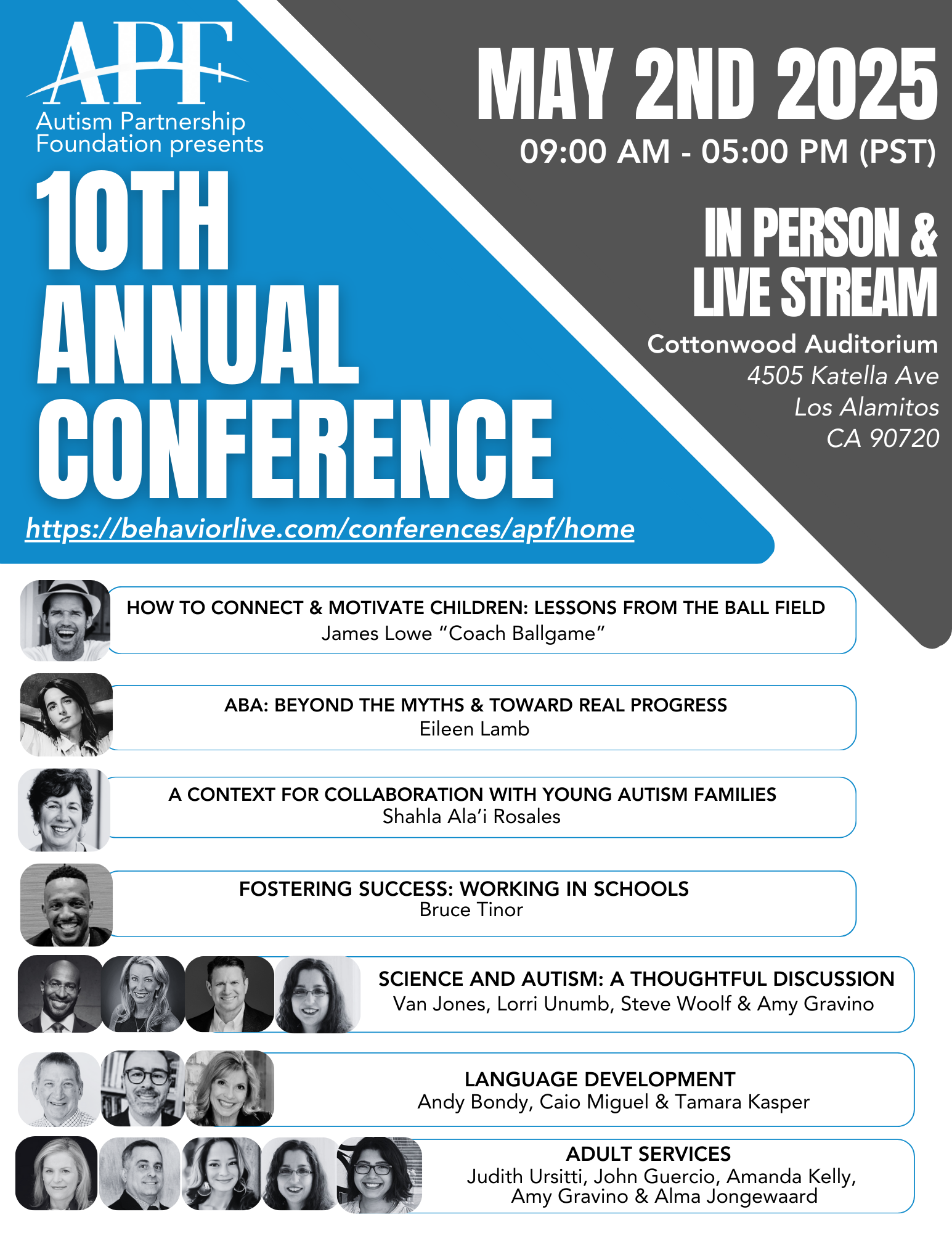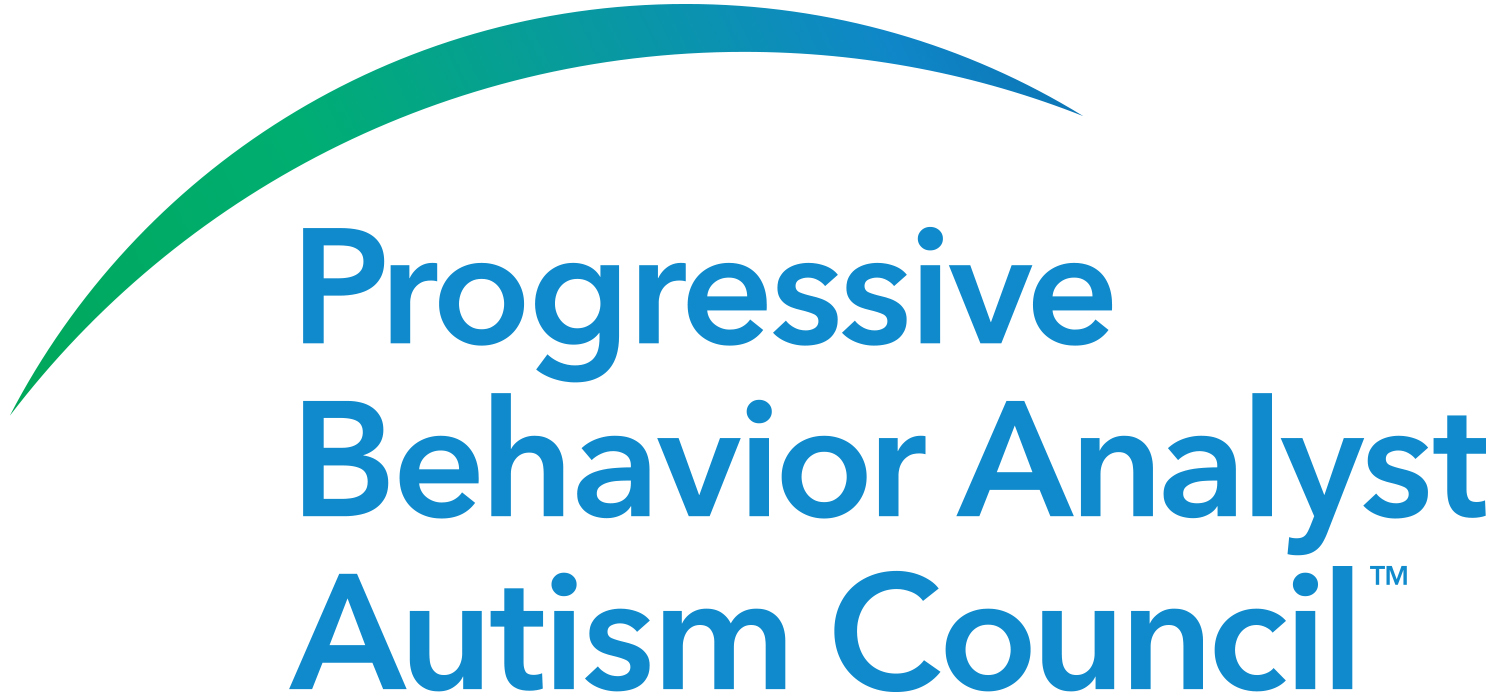Research Foundation Makes the Case for Progressive ABA and Urgent Need for Quality Treatment
Seal Beach, CA – April marks the return of “Autism Awareness Month” in the United States, and the Autism Partnership Foundation (APF) wants to set the record straight: Quality treatment changes lives.
With 1 in every 54 children receiving a diagnosis of Autism Spectrum Disorder (ASD), the need for effective and accessible treatment is greater than ever. It’s the difference between a child being able to say “Mom” or “I love you” and not.
Unfortunately, there are hundreds of treatments being promoted online; everything from medical treatments to dietary and animal therapies. The conversation has become crowded, confusion is at a high, and the best protocol to follow is unclear.
“This month needs to be about more than spreading awareness, we need a renewed focus on providing clear direction toward quality treatment that helps autistic individuals live fully in all areas of their life,” says Dr. Ronald Leaf, Co-Founder of APF. Dr. Leaf is a pioneer in autism treatment with 48 years of experience, 7 books, 80 peer-reviewed articles, and over 100 presentations.
Research shows intervention based upon Applied Behavior Analysis (ABA) is extremely effective; however, ABA treatments are far from equal, and understanding that is critical to offering parents clear direction. There is a wide continuum within ABA ranging from rigid approaches to Progressive ABA, and everything in between. The Autism Partnership Foundation strongly believes that Progressive ABA is essential in helping children make meaningful progress.
- Progressive ABA provides comprehensive treatment, including social skills, communication, play, and independent living. Traditional ABA typically focuses on behavior and language, while Progressive ABA focuses on the whole child and all the skills necessary to live fully in the world around them.
- Progressive ABA is individualized, doesn’t follow a recipe, and recognizes that a child (and thus the treatment) changes moment to moment.
- Progressive ABA strives to give treatment that transfers to everyday life situations, so the natural setting is important in the treatment, be it a playground, classroom, store, or home.
- Staff training and ongoing staff support is integral to Progressive ABA. Typical ABA training is time-based, ~40 hours and you’re done. Progressive ABA training is performance based – it’s not about how many hours, but when the necessary skills are attained.
- Clinical outcomes of Progressive ABA have far better results than what most children are receiving. More importantly, it’s a fundamental quality of life issue – the difference between a life with meaningful relationships and experiences versus not.
ASD is the fastest growing developmental disorder in the U.S., and without effective treatment the projected costs of caring for those with ASD will soar to nearly half a trillion dollars by 2025. While these figures are staggering, it does not have to be this way. Effective and life changing training and treatments are possible and should be available. APF’s vision is a world where all individuals with autism reach their fullest potential.
*Interviews Available*
Dr. Ronald Leaf, Co-Founder can be available to answer questions and provide comment. If you’re interested in scheduling an interview, please contact Michael Corrigan at 720-470-2874 or MCorriganPR@gmail.com
About the Autism Partnership Foundation (APF)
APF is a leader in autism research & training. As a nonprofit, it is dedicated to developing the most effective methodologies, training, and treatments to enable individuals with autism to live fully in all areas of their lives. APF’s Research Team is committed to evolving the field of behavioral intervention and Progressive ABA and is recognized worldwide for its instrumental contributions to the scientific literature in the field. APF’s Academy offers two-year fellowships to students pursuing their Ph.D. APF also provides educational and training programs, including a new CEU platform based on research and clinical experience.
For more information, go to https://autismpartnershipfoundation.org/ or visit APF on social media (Facebook, Instagram, Twitter)








